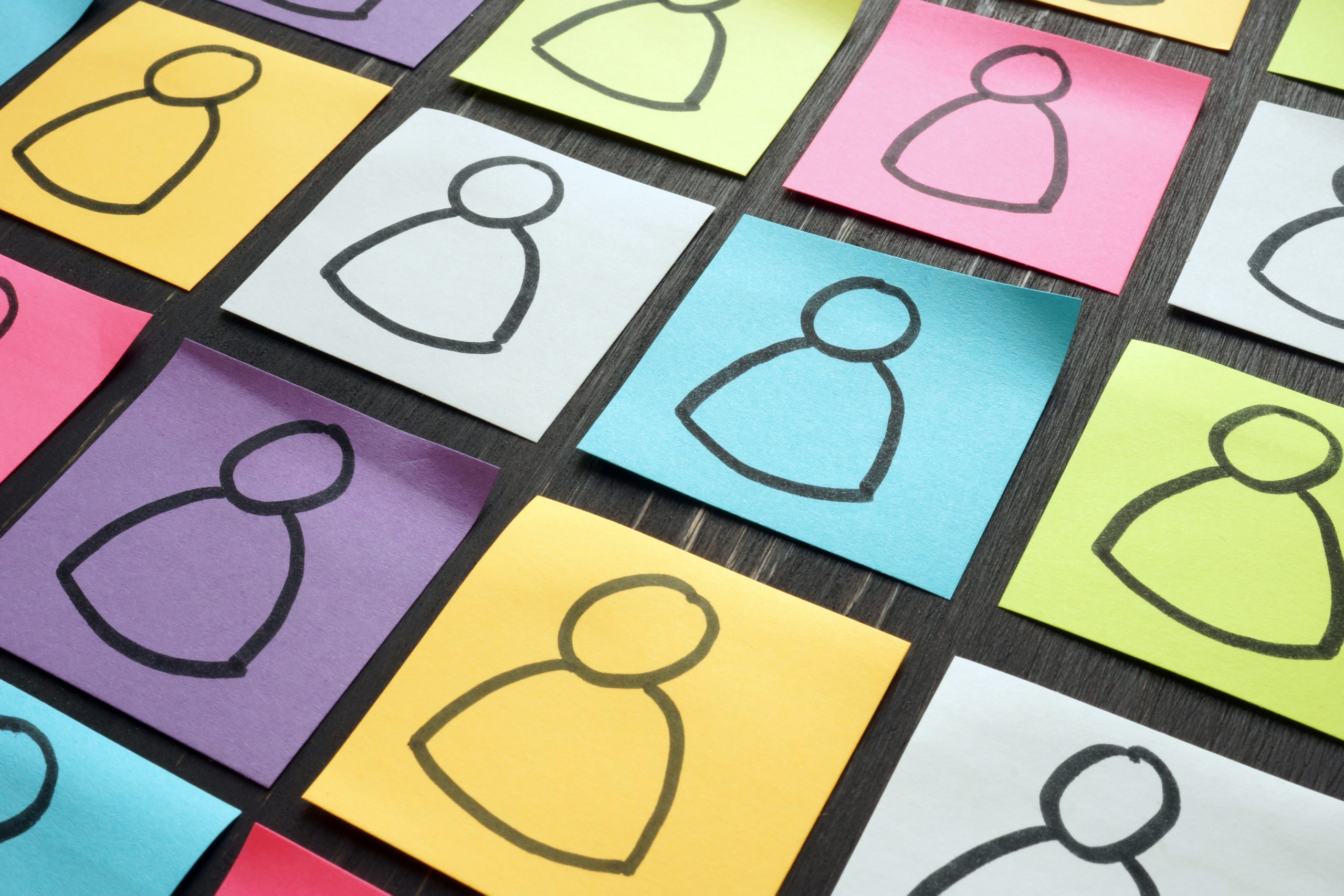Douglas Rushkoff: How to stop othering the other

Did you know that American politics has become polarized? Shocking news, we know, but in case your news feed wasn’t evidence enough, Pew Research Center has been tracking the phenomenon for the last few decades.
The center’s research shows that in 2014, nearly 40 percent of Democrats and Republicans saw the other party as a threat to the nation’s well-being. That’s up substantially from 2004 and more than double 1994’s numbers. We’ll have to wait till 2024 to see whether this national estrangement continues to intensify.
That’s not to say America is more polarized than ever. A disastrous quarrel called the Civil War offers a compelling counterexample. However, Pew’s data do show that many Americans have adopted the nasty habit of othering—that is, viewing or treating one’s opponents as intrinsically alien.
And it’s not just politics. Othering has become the fashion du jour in many social, business, and academic pursuits as well.
Unfortunately, othering is poison to any collaborative pursuit. A diversity of ideas, skills, interests, and backgrounds working in accord are necessary to build strong teams and effective coalitions. Such teams increase their knowledge base, reduce group blind spots, and can shore up individual member’s weaknesses.
How can we curb this othering inclination and build stronger teams?
In this video lesson, we join Douglas Rushkoff, author of Team Human, to rediscover our shared humanity.
Divided Media, Divided Age
- In the early days of the Internet, viral media showed the potential to reflect the counterculture. Creators could use the Internet to distribute ideas that challenged the mainstream.
- As the Internet evolved, marketers and propagandists learned how to weaponize digital media to provoke a response. Propagandists use viral media to stoke tension around political issues. The result is operationalized conflict, where the goal is to dehumanize one’s opponents.
First, it’s worth considering how we got here. Rushkoff points out that in the internet’s halcyon days, viral media reflected the counterculture. Marketers and propagandists soon realized its power for spreading their messages and so adopted its methods. Rushkoff terms the results “operationalized conflict”.
Now, Rushkoff isn’t saying the internet alone is to blame. The fractured landscape of news media, the die-off of local news, the pervasiveness of information overload, and many other factors played a role. But the internet did become the gravitational hub around which these other factors began to orbit.
As internet companies matured, they institutionalized echo chambers, social outrage, and weaponized discourse. Why? Because outrage sells.
When people violate our values, we want to see them punished. When we disagree with someone, we want to set them straight. When we view a conflict as us versus them, we want to win. This drives traffic to websites and eyes on advertisements. Internet companies had little reason to not operationalize conflict because that’s what we, the users, wanted.
While internet companies may facilitate othering, we’re the ones who initiate it. An us-versus-them mindset makes conflict easier, the opponent identifiable, and the victory conditions simple. It eschews the hard work of building a coalition, and if we’re not careful, our minds will tend toward the path of least resistance.
Finding Our Common Humanity
- How do you think about people who disagree with you? Do you think of them as “less than” you? Might the “other” share your fears but express them differently? How might you find a way to truly connect with them on a human level?
- It’s important to recognize the validity in opposing views. Can you identify the essential value that your opponent fears will be ignored if you get your way?
Another barrier is that the internet reduces opportunities to see commonalities. Face-to-face interactions naturally generate commonalities. That may be family at Thanksgiving dinner, professionals attending the same conference, or just two people who frequent the same bar. Your very presence in the same space is a commonality alone.
But when an interlocuter’s entire personhood is a username and their stance on fraught issues, commonalities vanish like an image in a magic eye picture. You can stare all you like, but the effort isn’t really worth it.
While that’s a problem for the internet at large, it’s a boon for our organizations. We can facilitate those moments when commonalities become clear and crystalize. These include conversations, group-building exercises, and out-of-the-office activities.
When disagreement does occur—and it will in any diverse group—a recognition of our commonalities can help us deconstruct our mindset and limit othering. Rushkoff’s questions above can further help us in that deconstruction.
We especially find that last one useful within organizations.
When conflicts devolve into us versus them, we see victory as winner-take-all. I get my way, I win. I don’t, I lose.
However, by identifying our opponent’s essential values, we can see shared wisdom. Chances are, we share similar values. We can use that information to validate their worry and negotiate solutions that incorporate those values while making headway on our values, too.
Those negotiated solutions can be the binding force for strong, diverse teams.
Put the human element at the forefront of your organization with lessons ‘For Business‘ from Big Think+. At Big Think+, Douglas Rushkoff joins more than 350 experts to teach the skills necessary to advance diversity and inclusion. Discover how to cultivate a thoughtful, welcoming workplace with lessons such as:
- How Not to Dehumanize Your Opponent: The Art of Working With, Not Against, Our Natural Tribal Tendencies, with Adam Waytz, Social Psychologist and Author, The Power of Human
- Find Common Ground: What Evolutionary Biology Tells Us about Human Conflict, with Heather Heying, Evolutionary Biologist and Former Professor of Biology, Emerson State College
- Lead Difficult Conversations: Design Discussion Programs to Address Unconscious Bias, with Claire Groen, VP, Litigation, and Deputy General Counsel, Amway
- Preserve the Ties that Bind: How to Revive Civility in Polarized Times, with Allison Stranger Leng, Professor of International Politics & Economics, Middlebury College, and Author, Whistleblowers
- Harness Healthy Tension: Essential Questions for Using Conflict to Shape Creative Teams, Shane Snow, Chief Creative Officer & Co-Founder, Contently
Request a demo today!




